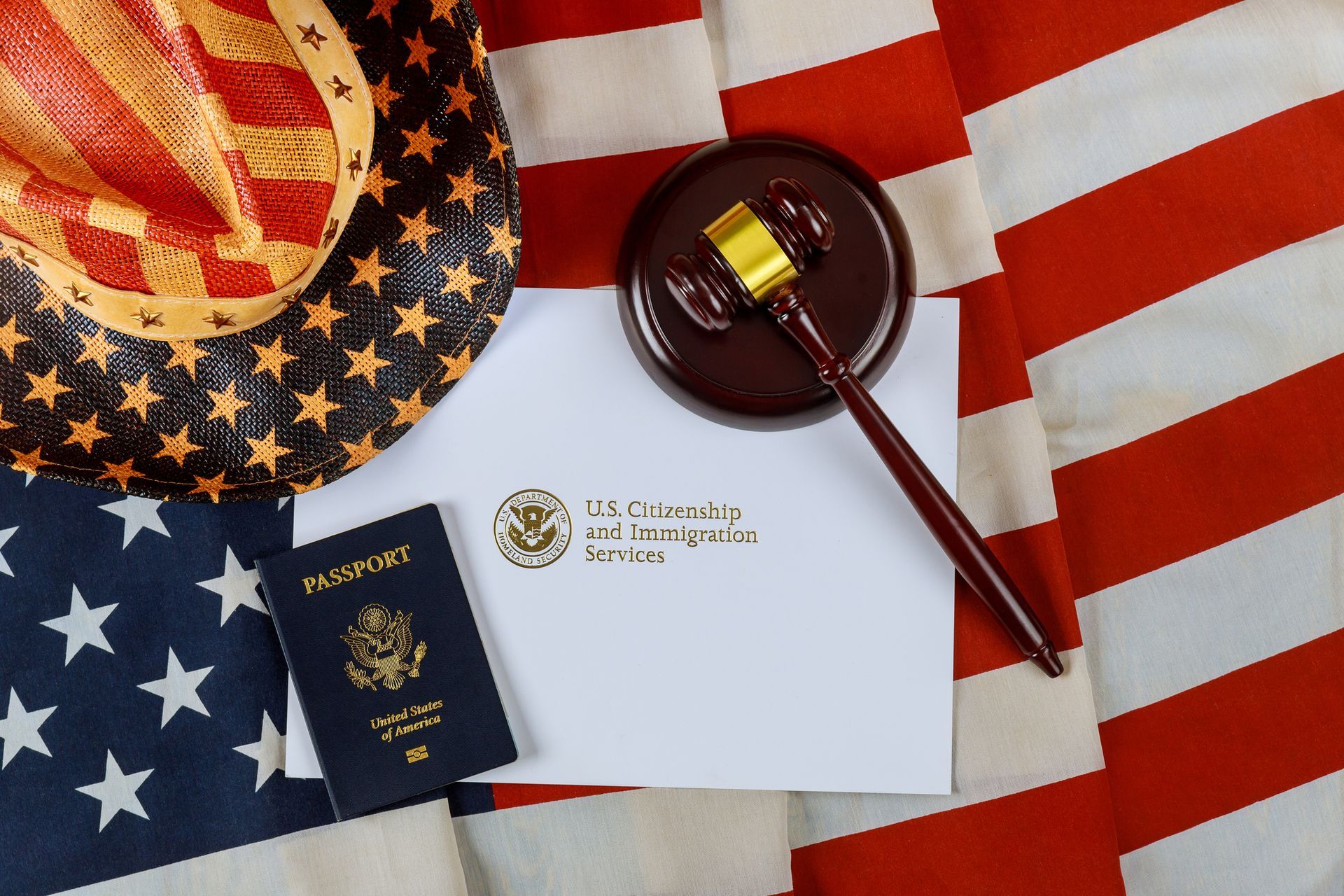Certified translation?
Unfortunately, many do not deviate from the truth and do not deliberately manipulate application information, but some do. When reviewing an immigration application, USCIS reviews the information provided by the source and verifies its accuracy. For foreign language documents (such as a birth certificate issued in a foreign language or a school report issued by an educational institution that teaches in a foreign language), USCIS personnel must read and understand the document in English. Applicants now need a USCIS-certified translation of these documents. As an additional security measure, there are specific criteria for obtaining this information and a certified translation is required to make it easier for USCIS personnel to read. Simply put, a certified translation is a formal statement by a translator that a foreign language document has been correctly translated into English. Documents in a foreign language must be accompanied by a complete English translation that has been certified by the translator as complete and accurate, as well as a certification by the translator of the translator’s ability to translate the foreign language into English.
It is imperative that a certified translation be:
- Complete: No matter how small or insignificant it may seem, there should be no missing information in the translation. The translated copy should correspond to the original language
- document in terms of content and format.
- Correct: The certified translation of the document into the original language must be accurate, especially for legal and educational documents, the appropriate linguistic terminology must be used. This often requires a professional translator.
- Competent: USCIS certified translations are not only certified for bureaucratic reasons, but also to ensure that competent translators complete their work and are accountable for their work as required. Therefore, many reputable translators and agencies will provide you with the contact details related to certification so that you can use them if you need any clarification. On your application, these professionals should also have easy access to USCIS staff or immigration attorneys if you need further clarification on the translation.
Pronto para começar?
Pronto para iniciar um projeto ou curioso sobre nosso processo? Deixe-nos uma mensagem ou ligue para +1 (201) 737 – 5664; ficaremos felizes em responder a todas as suas perguntas.
¡Cite agora!








